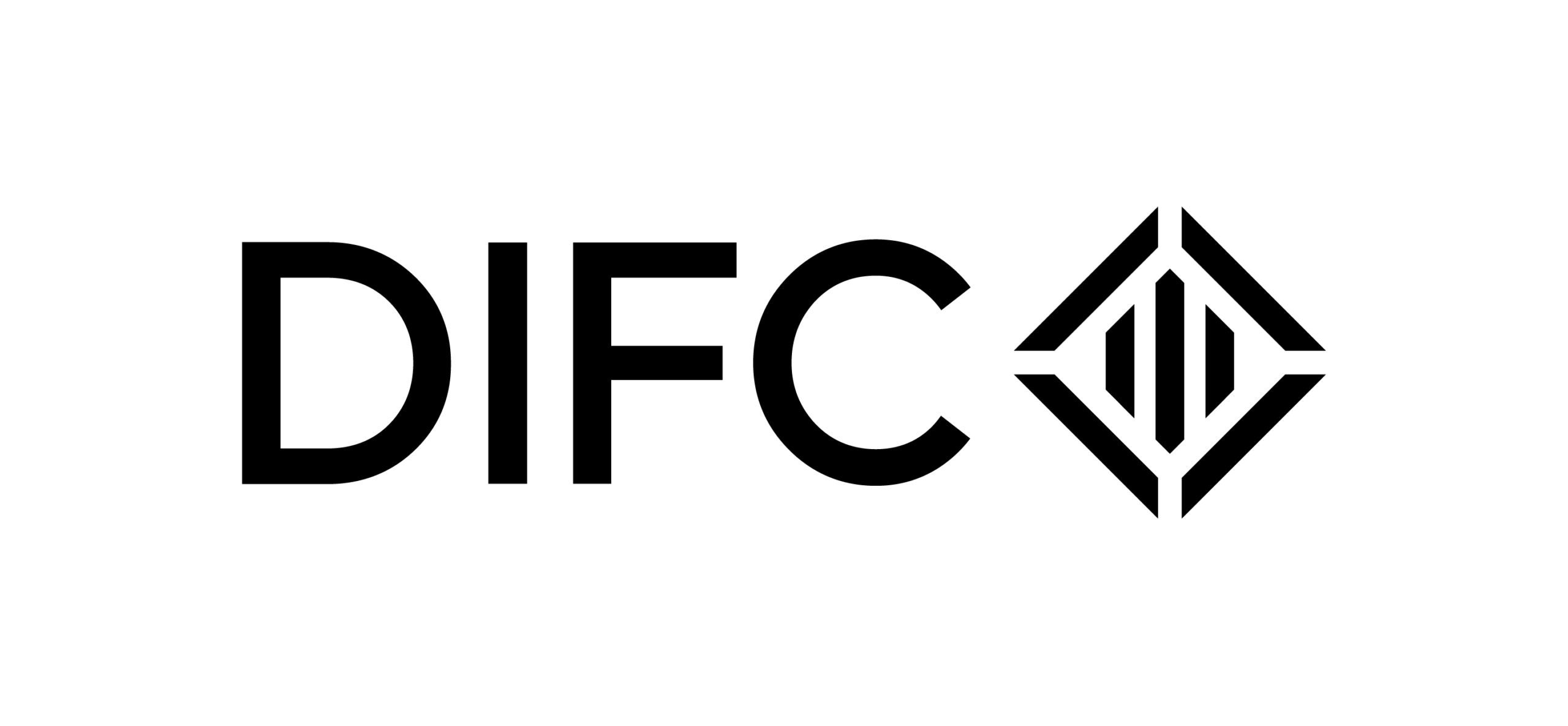
Established nearly 20 years ago, in 2004, Dubai International Financial Centre (DIFC) in the United Arab Emirates (UAE) has grown into a leading international financial hub for the Middle East, Africa and South Asia region. To remain dynamic and forward-looking, DIFC is constantly evaluating its offering to ensure it remains one step ahead of its competition when it comes to attracting business from its existing client base, as well as new entrants to the centre.
Noting a shift in demand from businesses over the past few years, DIFC rolled out an updated prescribed company regime structure in April this year, essentially increasing the qualified applicant and qualified purpose categories that determine who may apply for the establishment of special purpose companies in the DIFC.
Investment Monitor sat downwith DIFC’s chief legal officer, Jacques Visser, to discuss the origins of this regime, what it offers, and why it can be an ideal vehicle for a variety of purposes, inclusive of helping family businesses grow and preserve their wealth, as well as assisting in their succession and legacy planning.
Tell us more about the prescribed company offering through DIFC. What is a good fit and what type of company can apply for a prescribed company licence?
The name “Prescribed Company” emanates from the DIFC Companies Law, where provision is made for the Board of the DIFC Authority to be able to exclude, waive or modify the application of provisions of the Companies Law in certain prescribed circumstances, thereby allowing for a more flexible regime for certain entities, or so-called “prescribed companies”. When DIFC started out, it was very important for DIFC and its credibility – and for the entities that came here, especially the regulated entities – that it wasn’t to be seen as an offshore jurisdiction, where it merely served as a place to set up a company with no substantive presence in the Centre. In those days it was a rule that you had to come here in substance, and you had to play a role in the professional or financial services industry. The objective was to bring members of the knowledge economy to come and live and work here so that the overall economy would see the implied benefits from an overall GDP growth perspective.
At some point, it became apparent that to service the financial and professional services industry, we needed to allow in certain circumstances for special purpose company structures to be established here, where an actual physical presence – by way of having leased premises and employees in the DIFC – was not required.
The original special-purpose company, or SPC regime as it used to be called – started in 2008. Initially, it was only to allow for certain types of structured financings that took place in the DIFC. This developed over time allowing for more qualified applicants and qualified purposes for which these companies could be established.
We have always been very careful not to throw the doors open completely for company registrations, as there are many risks involved in this – anything from an AML (anti-money laundering) perspective or reputation risk and also not to be perceived as being something similar to the Cayman Islands or the BVI (British Virgin Islands) of the Middle East, which primarily serves the global special purpose company market.
Our philosophy in this regard goes back to the original principle that we only want to extend our special purpose company offering in circumstances where it fits into DIFC’s primary mandate of being a financial centre and the activities ancillary thereto. In that context, if you are a qualified applicant for purposes of the regulations, you are already in DIFC with a substantive presence. If you apply on the basis of having a so-called qualified purpose, you do not need to have a presence in DIFC – you just need to have a registered agent here – but your purpose must serve the overall objectives of the DIFC. Of late, the DIFC has been growing exponentially on the fintech and innovation side, as well as in relation to private and family wealth. So it is no surprise that the latest revision of the regulations, therefore, focuses on these sectors as to what will be a qualified purpose.
The only exception in the above regard is in relation to family operated businesses that already have a substantial presence in the UAE. In that case, it doesn’t matter to us where you are in the UAE; you can set up a prescribed company in DIFC and do so only by having a registered agent in DIFC.
Why are prescribed companies an ideal structure for succession planning and business continuity for family businesses?
When DIFC was originally established, it grew way beyond people’s wildest imaginations, but private wealth was a key focus from the outset. For example, the first licensee in the DIFC was a private bank, Julius Baer.
In the Middle East, private wealth pretty much equates to family wealth, and it was very clear from the outset that we could play a role in facilitating succession and legacy planning for successful family businesses that required something that was more flexible and sophisticated that was available under the federal and local laws of the UAE. We also know from a McKinsey study done in this regard, that there is somewhere in the region of a trillion US dollars in transit between generations in the Gulf with often very little succession and legacy planning done in respect thereof. Studies have shown that if do not address succession planning and family governance in respect of the family’s wealth and operating assets properly, then by the third generation most of it is lost. We realised this quite some time ago and a Wealth Management Group assembled in 2016 by the DIFC Governor made a set of recommendations to ensure that family wealth and the structures required for proper succession and legacy planning and the governance issues relating thereto are properly catered for in DIFC on a best-in-class basis. All these recommendations have since been implemented and the uptake by families in respect of what we now have on offer – albeit in the context of trusts, foundations or special purpose companies – has surpassed our wildest expectations.
These efforts have culminated in the establishment of the DIFC Family Wealth Centre to help families navigate our offering, as well as accrediting trusted service providers who can assist families in this regard.
If you look at everything we’ve done, it all kind of fits together. The trust law, the foundations law, amendments to the Companies Law and the Prescribed Company regulations – we have done more to facilitate private wealth, and succession and legacy planning, than any other jurisdiction that I am aware of.
The prescribed company structure is advertised as offering greater flexibility. Can you tell me what kind of flexibility is given?
The removal of certain requirements under the Companies Law for Prescribed Companies makes it quicker, cheaper and easier to set up. You do not need to be present in DIFC, other than having a registered agent here, and you are exempted from certain filing requirements.
DIFC’s flexibility also extends to broader matters. Many other jurisdictions, for example, have local director requirements, which implies hidden costs and fees in this regard that we do not have. Others insist that you can only apply for establishment via a registered agent. In effect, you then become a captive client of the registered agent that needs to do everything on your behalf for the most basic of filings and requests. All of this comes at a cost that was not anticipated by clients. DIFC is different in this regard in that you can always deal with us directly and in that context our helpfulness and flexibility also shine through in how we deal with you. DIFC is very much minded to provide a “jurisdiction-as-a-service” offering. We know that this is a jurisdiction that people have to choose to come to, there is no inherent jurisdiction for DIFC in most cases. Consequently, in order to be the standout from the competition, the all-round experience must just be better than what others have to offer. In this context, we are very much focused to give you 360-experience the moment you log onto the DIFC portal and everything subsequent to that.
Two things happened that changed the landscape for prescribed companies in the UAE: a legislation change in 2019 and a change in regime structure in 2023. Tell me about those two decisions.
As stated before, we saw a growing demand on the fintech, innovation, IP and family business side and we adjusted accordingly for these type of business structures. DIFC has always been nimble in the way we respond to market demand. We listen to what people are saying, and if it fits into our overall objectives as a financial centre, and does not prejudice our current business offering, we will find a solution to meet changing demand.
We look at what is happening in the industry and adjust accordingly, but it is a balancing act. If we change legislation too often it creates uncertainty in the market, which you don’t want, but at the same time, we try to stay ahead of the competition.
Why is DIFC the best place to establish a prescribed company, compared with other jurisdictions offering something similar?
As stated, we offer what I would like to call ‘jurisdiction as a service’, which means that everything you do in our virtual portal, in terms of setting up a company, has been automated and digitised, and there is an all-round assistance component in the form of a dedicated relationship manager and a compliance team that is trained to help and ensure compliance in a manner that makes sense. The system will actually notify you on a regular basis what you need to do in the form of a compliance calendar.
We don’t rely on registration agents or corporate service providers to manage applications, so it can be more affordable for companies filing that the compliance checks and other requirements are built into the portal. If you wish to use them that is fine but it is not an obligation.
To learn more about establishing a prescribed company in DIFC, download the free brochure.
To know more about DIFC Corporate Structures, click here.



